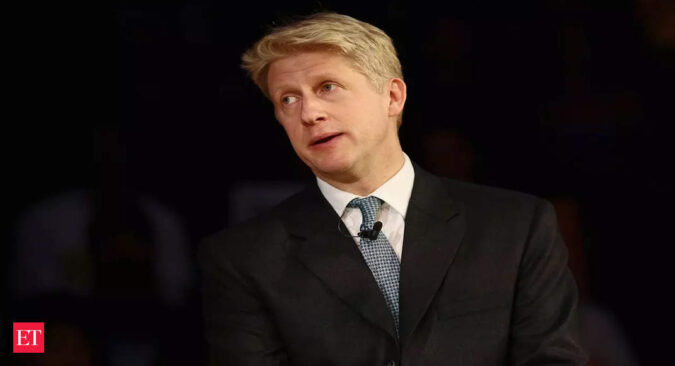The visit coincides with Round 9 of negotiations this week between officials working on the UK-India free trade agreement (FTA).
“It is fantastic to be in India again visiting the vibrant cities of Pune and Bengaluru to find out how our strong cultural and economic ties mean investors and business leaders continue to choose the UK,” said Johnson.
He visited Mumbai and New Delhi in October last year when he met with investors and businesses including Apollo Hospitals, Prodapt and Wockhardt.
“From life sciences to AI [artificial intelligence], now is the time to invest in the UK as we are determined to be the undisputed number one investment destination in Europe,” he said.
On the eve of the ministerial visit, the DBT described India as a “priority market” for the UK with Johnson’s visit seen as helping to build momentum behind the ongoing FTA negotiations between the two countries.
Johnson, a House of Lords peer and the younger brother of former British prime minister Boris Johnson, will also use his visit to promote the Global Investment Summit 2023, which will bring together over 200 CEOs of multinational companies and investment corporations in the UK later this year. According to the British government, the inaugural Summit in 2021 secured nearly 10 billion pounds of new foreign investment on the day, with this year’s event set to showcase emerging UK success stories in life sciences, deep tech, nuclear fusion and small modular reactors (SMRs), and manufacturing.
The DBT said the UK-India investment partnership is thriving, with over 28 billion pounds invested in each other’s economies supporting over half a million jobs.
According to official UK government statistics, total trade in goods and services (exports plus imports) between the UK and India was 34 billion pounds in the four quarters to the end of Q3 2022, an increase of 51.7 per cent or 11.6 billion pounds from the four quarters to the end of Q3 2021.
India was the UK’s 12th largest trading partner in the four quarters to the end of Q3 2022, accounting for 2.1 per cent of total UK trade.
